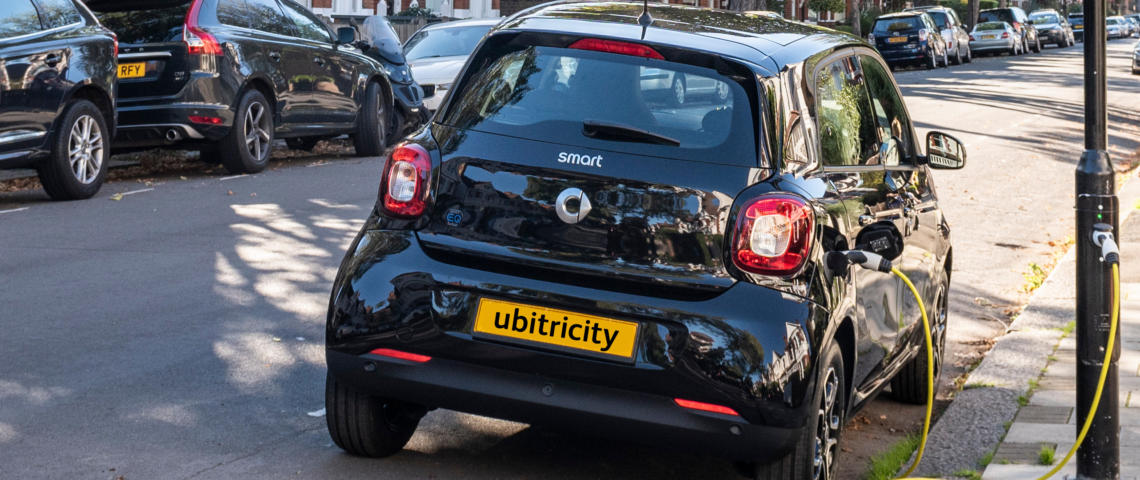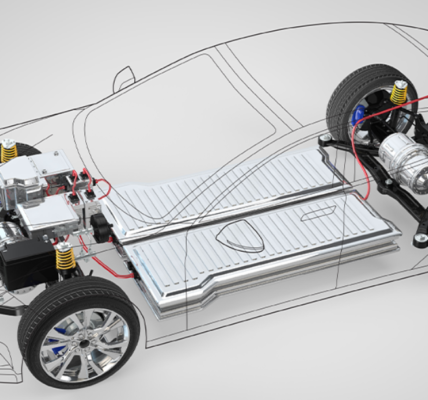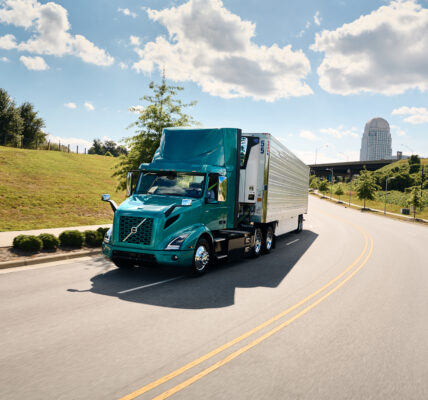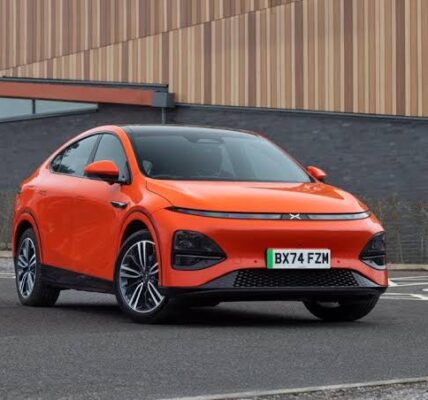Shell wants to take over the Berlin-based charging infrastructure specialist Ubitricity. Subject to antitrust approval, the deal is expected to close this year. Once the agreement is completed, Ubitricity is expected to become a wholly-owned subsidiary of Shell.
“This decision represents another step in Shell’s efforts to help drivers make the switch to lower carbon transport,” the identical announcements from the two companies said. If Ubitricity is to become a wholly-owned Shell subsidiary, Honda would be out of the running – the Japanese company took out a stake in Ubitricity in 2019.
Ubitricity is best known in Germany for its lamppost charging points. Such charging points, which can be integrated into bollards as well as lampposts, have also been set up by Ubitricity in the UK (2,700 charging points), and 1,500 private charging points have already been installed for fleet customers in Europe. In Berlin, however, such a tender fell through due to German standards.
Shell hopes the takeover will enable it to drive expansion in the on-street charging market for electric vehicles. The oil-producing giant says it is looking to expand its core competencies. Shell said it already operates more than 1,000 fast-charging points at around 430 petrol stations, in addition to the more than 185,000 charging points in the NewMotion network, which is also a Shell acquisition.
“On-street options such as the lamp post charging offered by Ubitricity will be key for those who live and work in cities or have limited access to off-street parking,” said István Kapitány, executive vice president of Shell Global Mobility. “Whether at home, at work or on-the-go, we want to provide our customers with accessible and affordable EV charging options so they can charge up no matter where they are.”
Lex Hartmann, CEO of Ubitricity, also sees on-street lamp-post charging points as a right solution for easier public charging infrastructure. “Particularly in larger cities where there is limited access to off-street parking, this is the solution many people have been waiting for to allow them to transition to EV ownership,” Hartmann said. “Combining this piece of the puzzle with Shell’s existing range of EV charging solutions gives EV drivers access to a full range of charging options, making Shell and Ubitricity a perfect match.”
In Germany, the petroleum company currently operates and builds 100 HPC columns at its filling stations – 50 of them in cooperation with EnBW, 50 on its own. Shell wants to develop suitable locations into charging parks for further expansion rather than achieve the highest possible coverage at all petrol stations.







